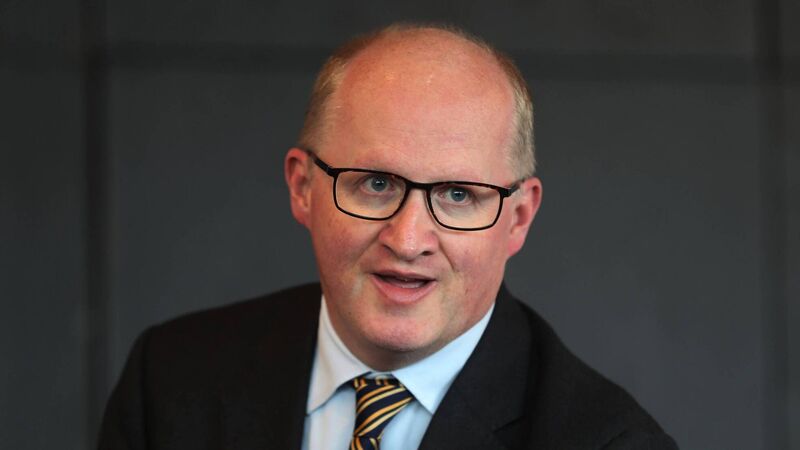Survey: ECB will cut interest rates four times this year

ECB chief economist Philip Lane: Too early to talk about trimming borrowing costs
The European Central Bank will lower interest rates four times this year as inflation retreats more quickly than previously anticipated, according to a Bloomberg poll of economists.
However, European shares and bonds retreated after ECB officials poured cold water on expectations for early rate cuts.











